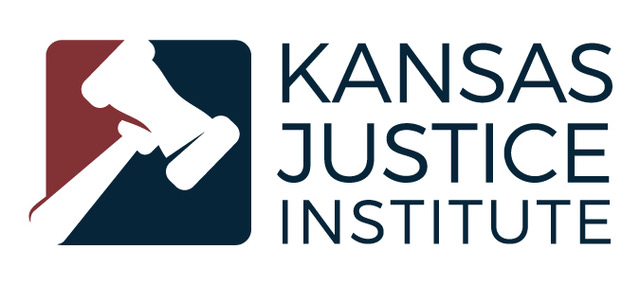You know that identity politics has reached its boiling point when CNN can headline the outcome of Kansas’s 3rd District primary with the unwittingly comic headline, “Ex-MMA fighter Sharice Davids could become the first lesbian Native American congresswoman.”
In Tuesday’s primary Davids edged out progressive poster boy Brent Welder taking 37 percent of the vote to Welder’s 34. She will face Republican Kevin Yoder in November.

CNN reporters excitedly talk about this potential “history-making” event with the accidentally revealing follow up, “If she defeats Republican Rep. Kevin Yoder in November, Davids would join New Mexico’s Deb Haaland as part of a class that’s expected to include the first Native American women ever elected to Congress.”
Whoa! The first Native American woman to Congress? Has CNN overlooked Elizabeth Warren, the U.S. Senator from Massachusetts who greased her way through academia as a Native American?
“I am very proud of my heritage,” Warren told NPR in 2012. “These are my family stories. This is what my brothers and I were told by my mom and my dad, my mammaw and my pappaw. This is our lives. And I’m very proud of it.”
As keen as CNN on identity politics, Harvard Law School boasted of Warren being a “Native American” when she was a professor there in the 1990s, but Warren claims that she never took advantage of this imagined status. Apparently, Warren was not progressive enough to aspire to the lesbian/Indian status as Davids has.
Davids wears her identity, if not on her sleeve, then on her shirt. Her promo video features her working out in a gym wearing a shirt with the words, “strong, resilient, indigenous.”
Davids is apparently indigenous to Johnson County. She attended Johnson County Community College and eventually Cornell University Law School. Her platform is more boilerplate Democratic than Welder’s, but she calls the current Republican tax bill “a corporate giveaway and a handout to the wealthiest 1 percent of America.”
That kind of class-loaded rhetoric may not play well in her native Johnson County, even from a potentially history-making lesbian, Native American Congresswoman.



